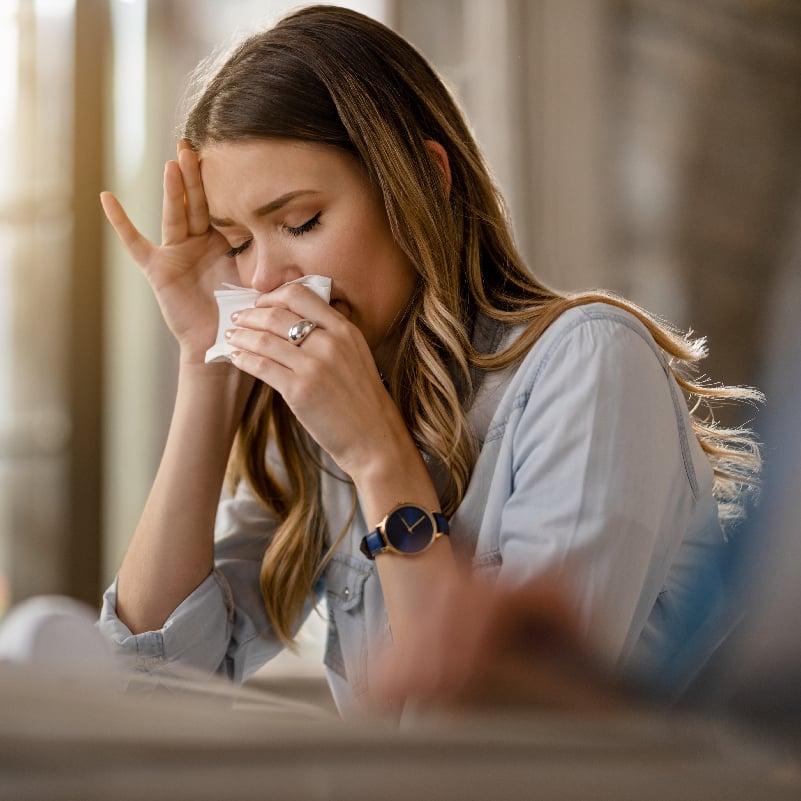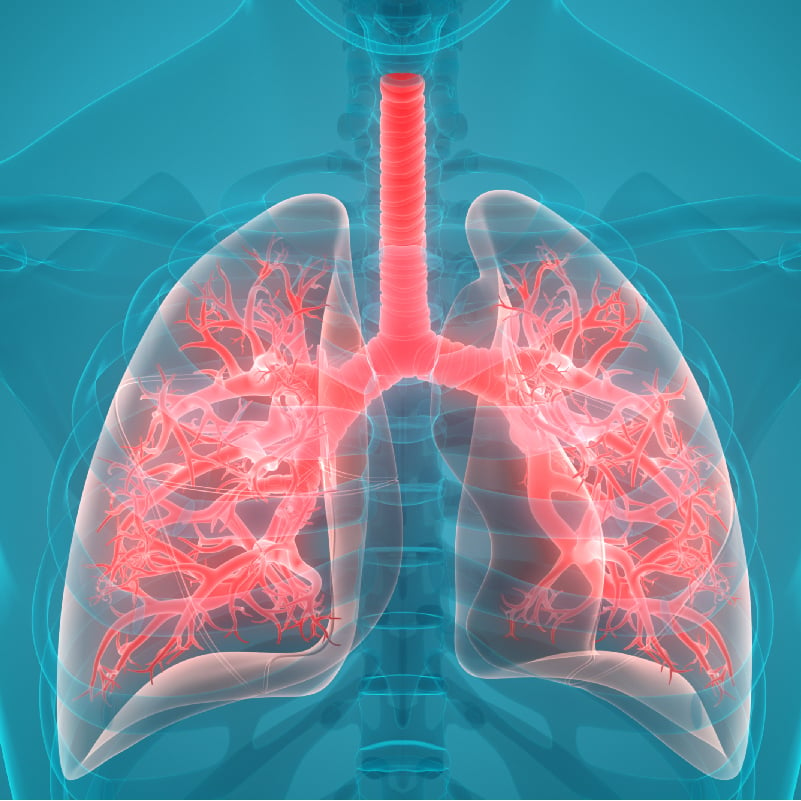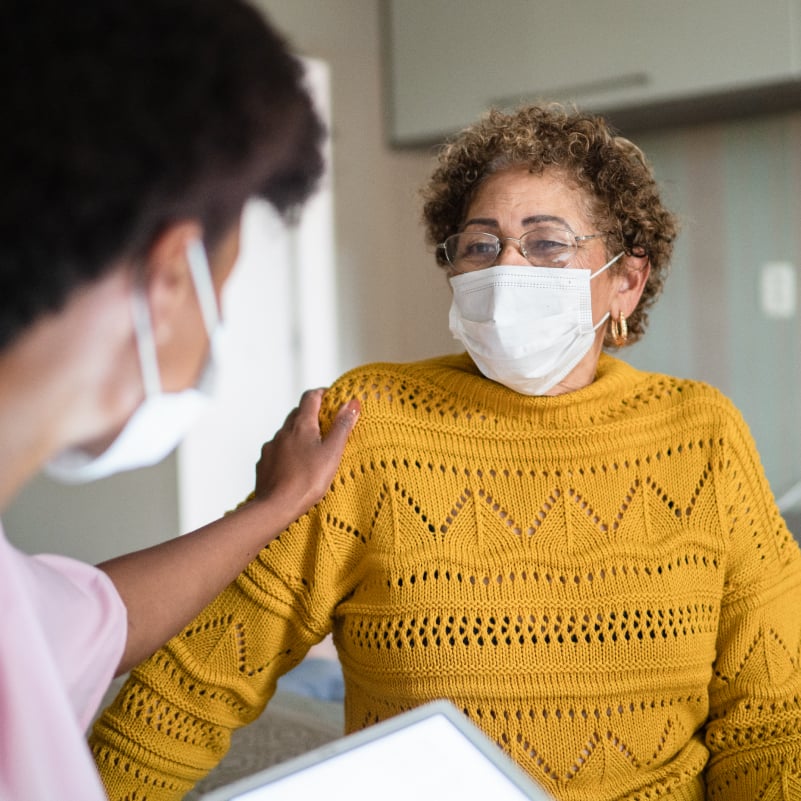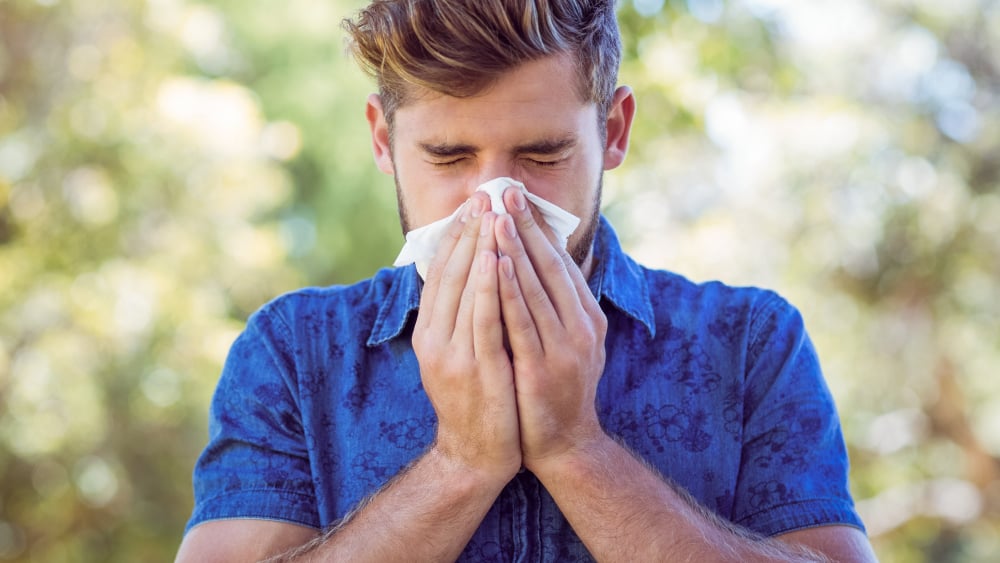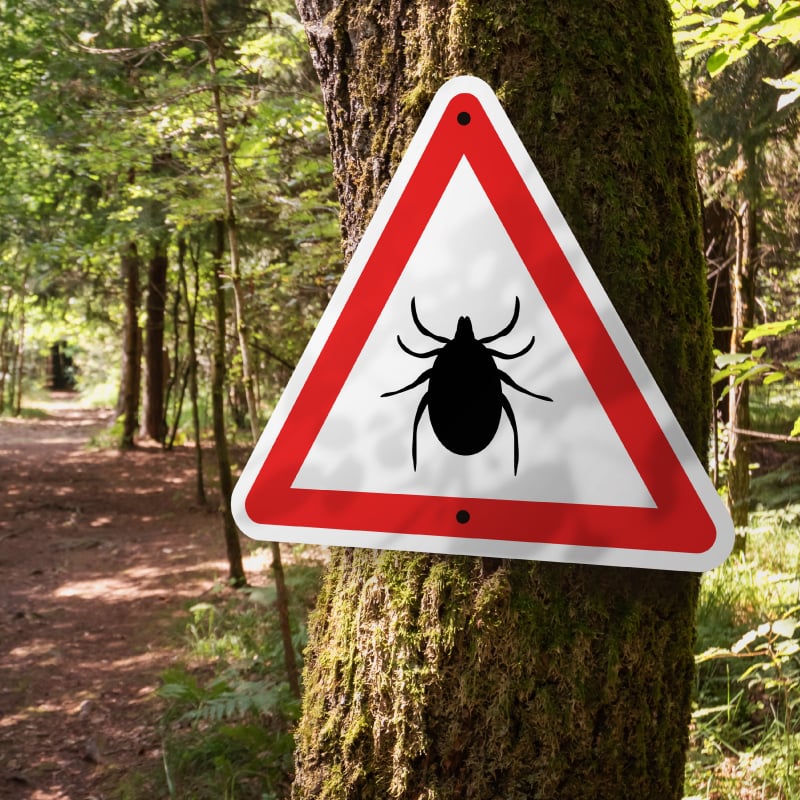Wildfires in Quebec and eastern Canada are making the skies over New York eye-catching and unusual. At the same time, the air quality is steadily declining – leaving a slight smell of smoke in the air, making it harder for some people to breathe, and leading to air quality advisories.
Air quality health advisories are issued by the New York State Department of Environmental Conservation when meteorologists predict “levels of pollution, either ozone or fine particulate matter,” will reach a certain level that affects people’s respiratory health.
Shahzad Mustafa, MD, head of Allergy, Immunology and Rheumatology for Rochester Regional Health, explains who is most affected by poor air quality and how to keep your body healthy.
Measuring air quality
Advisories are issued when the air quality reaches an Air Quality Index (AQI) value of 100 or greater. The AQI is a scale meteorologists use for air quality health advisories.
AQI levels measures the amount of fine particulate matter (PM) in the air, a measurement of tiny solid particles or liquid droplets in the air that are 2.5 microns or less in diameter. PM2.5 comes from many different types of particles, including but not limited to:
- vehicle exhaust
- power plants
- wildfires
- atmospheric chemical reactions
The higher the AQI number for a given location, the greater the health concern for the people living there.
Recent studies at Stanford University suggest communities exposed to wildfire smoke resulting in an AQI of 150 for several days experience the same effects as smoking about 7 cigarettes a day, if they are outside for 8 hours at a time.
Symptoms & risk factors
People who are exposed to higher levels of fine particulate matter might experience short-term side effects including:
- coughing
- irritation to the eyes, nose, and throat
- runny nose
- shortness of breath
- sneezing
“For most people who are outside for a short period of time, the effect is similar to how a person may feel when around tobacco smoke for a short period of time,” Dr. Mustafa said. “It can be irritating and might affect how you breathe. Being mindful of how it is affecting your health is helpful; the effects should be relatively short lived.”
Children, pregnant individuals, and elderly individuals face a higher likelihood of developing symptoms. People living with certain medical conditions might also face a higher risk, such as:
- Asthma
- Heart disease
- COPD
Prevention
There are several simple things people can do to avoid making existing health conditions worse.
The American Lung Association suggests people should stay indoors as much as possible and ensure air filters and air conditioners are able to recirculate the air within the house. This will help to prevent any contaminated outdoor air from making its way inside.
People who exercise should avoid working out outdoors, especially if the smell of smoke irritates their eyes or throat.
Keeping car windows and vents closed while driving also lessens the effects of the outdoor air on individuals in any vehicle. Turn on the recirculating air feature in the vehicle to keep that poor quality air out, too.
“In New York, we are not impacted by this type of air quality issue often, unlike more metropolitan areas like Los Angeles,” Dr. Mustafa said. “The degree of impact it has will be modest for most individuals. There is no reason to panic.”



